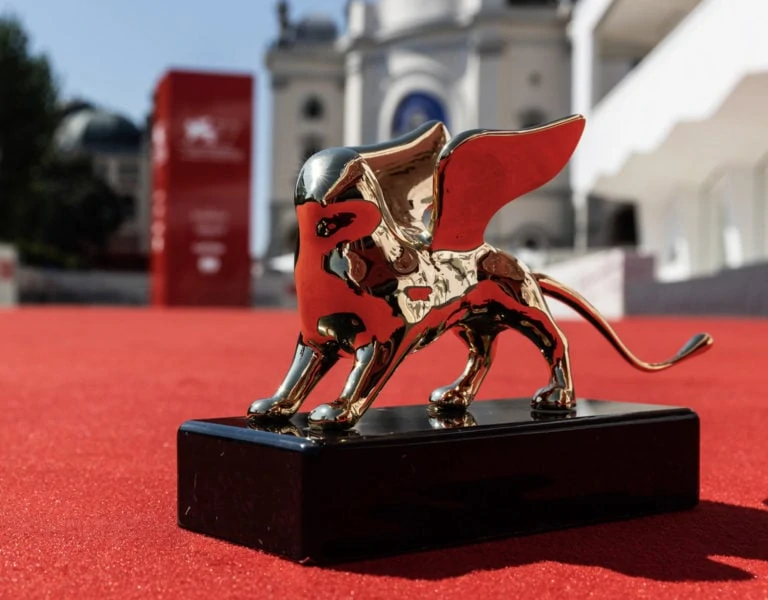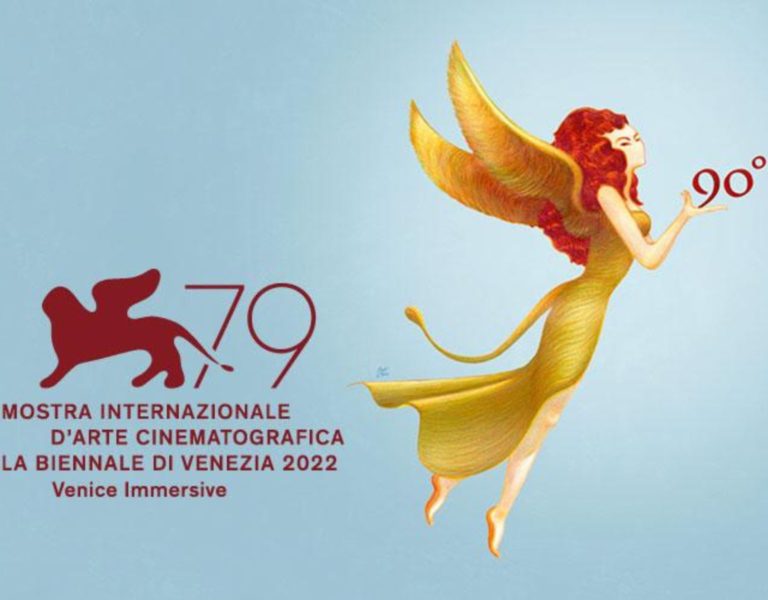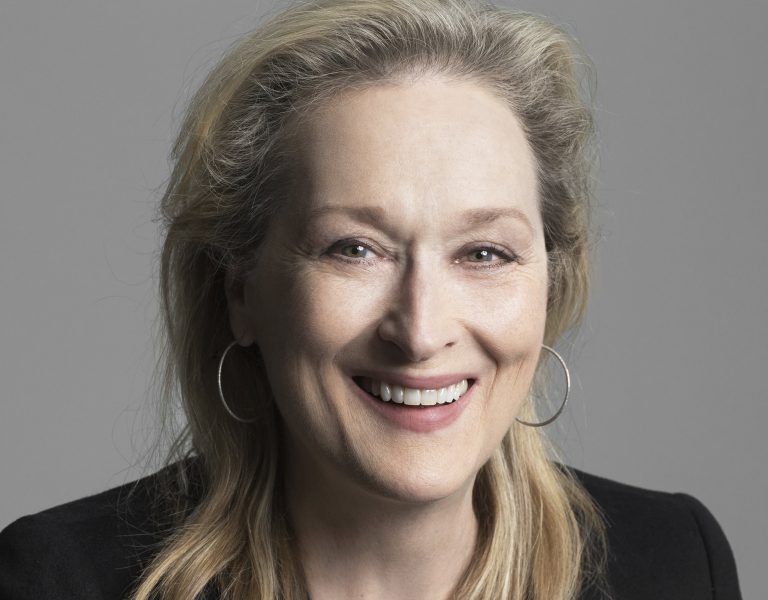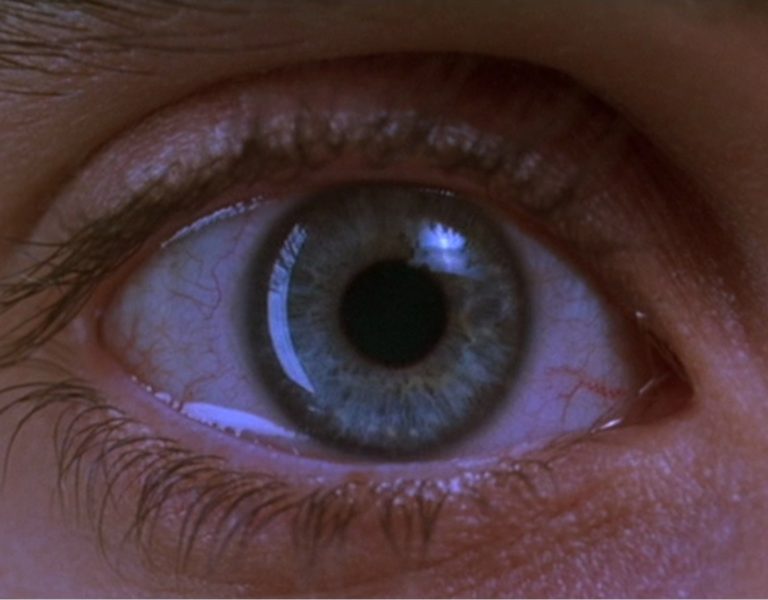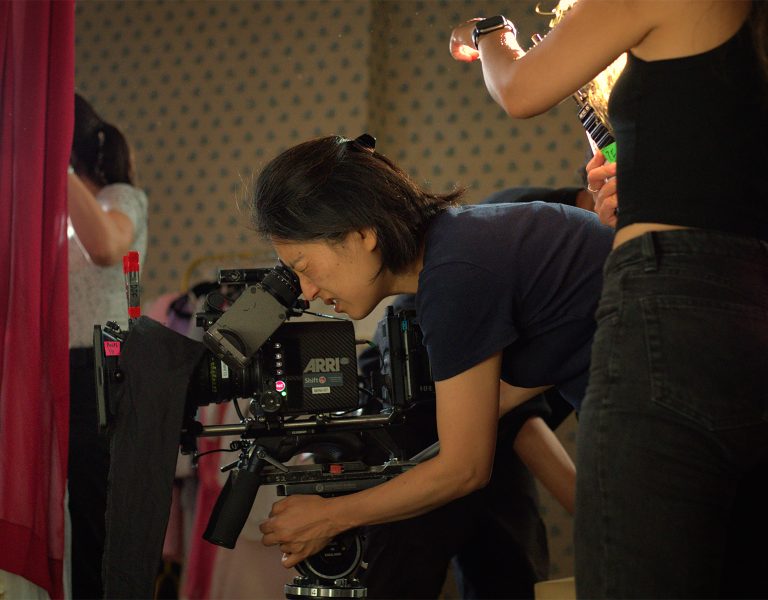
The director Liliana Cavani and the actor Tony Leung Chiu-wai will each receive the Golden Lion for Lifetime Achievement at the 80th International Film Festival of the Biennale di Venezia (30 August – 9 September 2023). The decision was made by the Board of Directors of the Biennale, upon recommendation of the Director of the Festival, Alberto Barbera.
“I am very happy and grateful to the Biennale di Venezia for this wonderful surprise,” said Liliana Cavani in accepting the offer. The director made herself known in Venice in 1965 with Philippe Pétain: Processo a Vichy, Lion of San Marco for best documentary, followed by Francesco d’Assisi (Francis of Assisi, 1966), Galileo (1968), I cannibali (The Year of the Cannibals, 1970), Il gioco di Ripley (Ripley’s Game, 2002) and Clarisse (2012).
Tony Leung Chiu-wai – who has starred in three movies which have won the Golden Lion at the Venice International Film Festival, A City of Sadness (1989) by Hou Hsiao-hsien, Cyclo (1995) by Tran Anh Hung, and Lust, Caution (2007) by Ang Lee – in accepting the offer, declared: “I am overwhelmed and honoured with the news from the Biennale di Venezia. I hope to celebrate this award with all the filmmakers I have worked with. This award is a tribute to all of them as well.”
With regard to the award to Liliana Cavani, festival director Alberto Barbera declared: “One of the most emblematic protagonists of the New Italian Cinema of the 1960s, whose work has spanned over sixty years of show business history, Liliana Cavani is a versatile artist who frequents television, theatre, and opera with the same unconventional spirit and intellectual ferment that have made her movies famous. Her mindset has always been nonconformist, free of ideological preconceptions, and decoupled from any type of brainwashing; it is driven by the constant search for a truth concealed in the most recessed and mysterious corners of the human soul, up to the edge of spirituality. The characters in her movies are set in a historical context that shows an existential tension toward change, young people searching for answers to important questions, complex and problematic characters who reflect the unresolved conflict between individual and society. Hers is a political gaze in the highest sense of the term, anti-dogmatic, non-aligned, brave in the way she confronts even the most challenging taboos, alien to trends, resistant to compromise and production opportunism. Instead, she is open to a fertile ambiguity in the characters and situations she presents. A fecund lesson in both aesthetics and ethics, by a protagonist of our cinema who defines its perpetual modernity.”
Commenting on Tony Leung Chiu-wai’s award, festival director Alberto Barbera said: “Tony Leung is a charismatic performer in the course of an exceptional transnational career which has evolved paralleling the expansion of global film circulation. Not only have Tony Leung’s roles spanned a great variety of genres, but also have bridged television, popular culture, and art-cinema at different latitudes. His reputation is strictly tied to his long-term collaboration with acclaimed award-winning auteurs epitomised by his unforgettable performance in Wong Kar-wai’s In the Mood for Love (2000), which granted him the Best Actor award at the Cannes film festival. His leading roles in three Venice Golden Lion awarded films from different parts of Asia also confirm his centrality to auteur cinema – Hou Hsiao-hsien’s City of Sadness (1989), Tran Anh Hung’s Cyclo (1995), and Ang Lee’s Lust, Caution (2007). Yet, his worldwide profile is also affiliated to box-office hits which cut across different modes, genres, and languages including Zhang Yimou’s Hero (2002), Andrew Lau’s and Alan Mak’s Infernal Affairs (2002-03), John Woo’s Red Cliff (2008-09), and the Marvel film Shang-chi and the Legend of the Ten Rings (2021). Recognised as one of the major actors of his generation, while maintaining the incredible versatility that first turned him into a film and pop star in Hong Kong in the 1980s, he has achieved a unique profile as a pan-Asian and global star confirming his presence within ever shifting screen cultures, deconstructing the traditional idea of male stardom and bringing compelling sensitivity to all his roles.”

